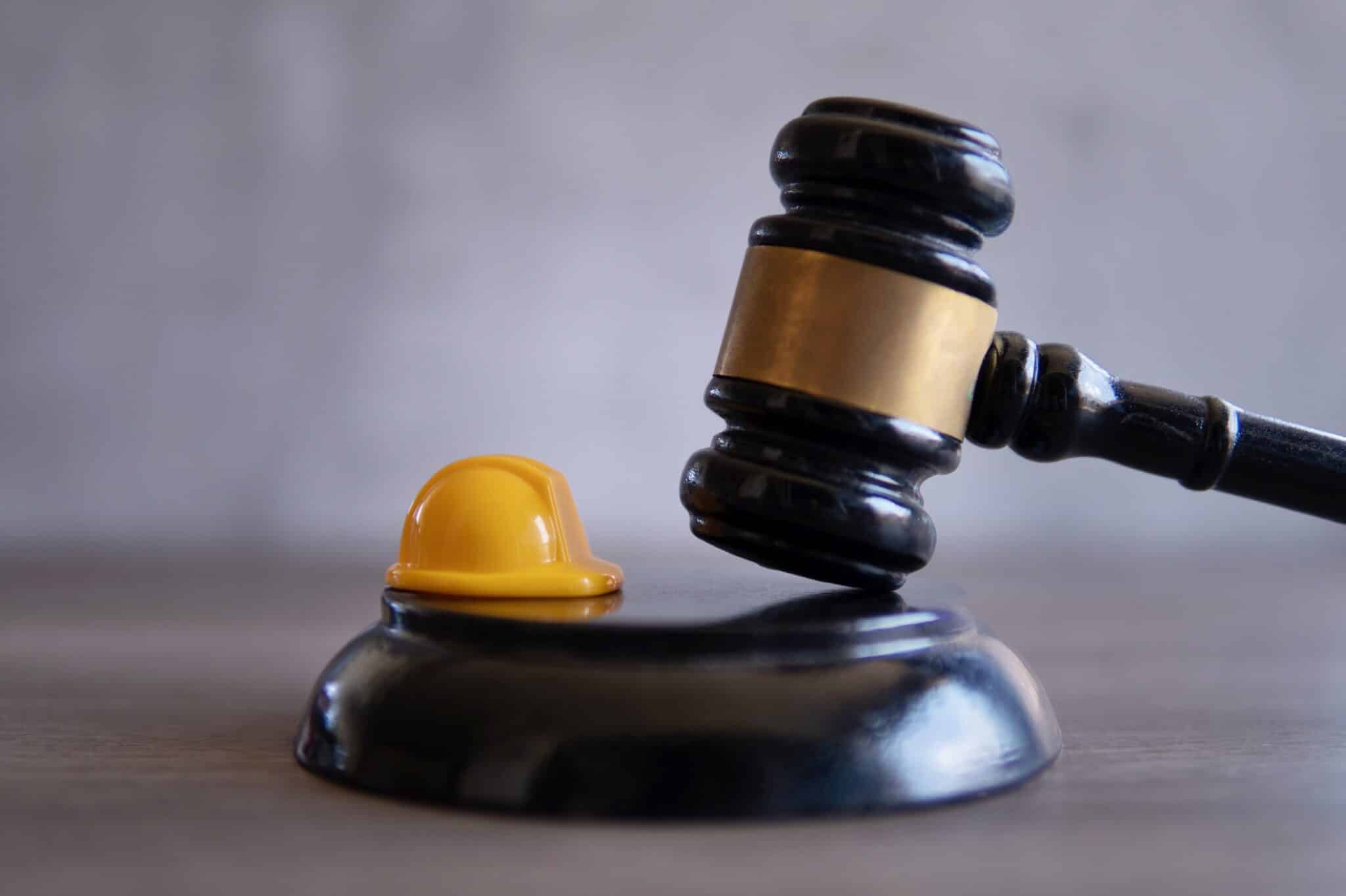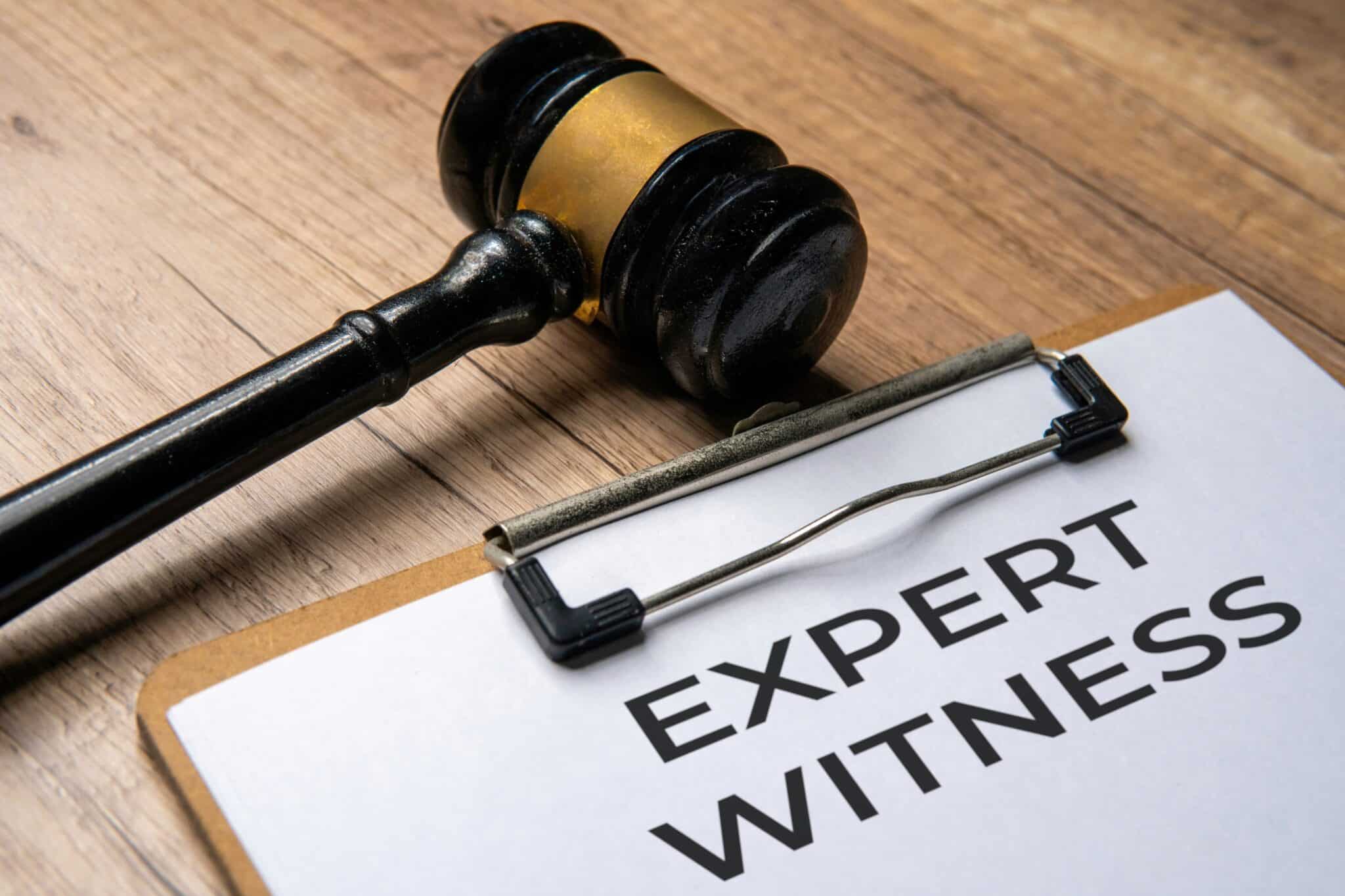Legal Immigration in the US: What You Need to Do As an Applicant or Resident – Guest Post

Now is as good a time as any to talk about immigration law in the United States. With the Trump administration continuing to clamp down on individuals living illegally in the country, those who have already attained citizenship have no reason to worry. While legal mechanisms that have allowed migrants to apply for citizenship are being reviewed, current green card holders still retain certain rights, as they recognize the United States as their permanent home.
However, this shouldn’t allow legal immigrants to let their guard down. Protections are in place that will secure them from any attempt to deport them. However, it still matters to think about maintaining their status to avoid being questioned by immigration and customs officials. Being prepared is crucial, especially if you’re still processing your citizenship requirements. Here are a few tips to keep in mind to help you stay in step with the law as you seek to turn the country into your permanent home.
1. Know Your Status and Secure Your Documents
A green card is a privilege that can be taken away if you don’t play your cards right, beginning from when you started applying for citizenship. It pays to be informed every step of the way, especially when it comes to understanding and acting on your obligations. This would involve filing tax returns and making sure you have documents that indicate your identity as a permanent resident.
If you’re applying through marriage or a sponsor via Form I-130, you will need to prove that you have sufficient finances to fund your stay in the country as you apply for a green card. At this point, use it as an opportunity to learn about the conditions you shouldn’t ignore about becoming a legal alien, so you will know what to do to legitimize your status.
2. Maintain a Continuing Presence in the Country
Being a green card holder is contingent on how long you’re able to treat the United States as a permanent residence. It’s a privilege that you may unknowingly abandon when you travel to other countries for extended periods. Staying overseas for over a year may lead to having your green card revoked, especially if you fail to secure a reentry permit.
There are also cases when short-term travels may prompt immigration officials to question your status as a permanent resident, which could be at greater risk if you are employed in another country. You still retain the right to travel outside the United States for vacations and official purposes, but you may only do so when you demonstrate that you are truly a permanent resident through property ownership, complying with IRS obligations, and securing IDs.
3. Stay Out of Legal Trouble
Being a resident of the United States puts you under the oversight of federal law and the local regulations and ordinances governing your state of residence. You have worked hard to get to where you are, so you wouldn’t want to commit any act that would jeopardize your status from the time you applied for citizenship to the time you were granted permanent residence.
The least you could do from the start is to provide immigration officials with falsified and fraudulent documents, a case which could warrant a visit from ICE and the start of deportation proceedings. This also goes for committing any federal or state crime, as well as using your status as a permanent resident to help others obtain citizenship illegally.
4. Get a Good Immigration Lawyer
Immigration laws change from time to time, so it’s important to be legally prepared for anything that could compromise your application and eventual status as a permanent resident. You may face challenges in getting family members naturalized and dealing with claims of abandonment. Whichever the case, you need to know who to call to help you maintain your legal status and address possible lapses in how immigration laws are enforced that could significantly affect your or a loved one’s legal status.
You will need a qualified immigration attorney to deal with cases such as procedural errors and discrimination that occurred in a family member’s deportation proceedings. With the help of a legal professional, you can navigate around complex challenges that could also affect you as a permanent resident.
Endnote
Immigration remains a human right, but it’s a privilege that anyone shouldn’t fall short of protecting. Keeping these tips in mind should help you make the right decisions and stay a legitimate citizen in the Land of the Free.




















Recent Comments